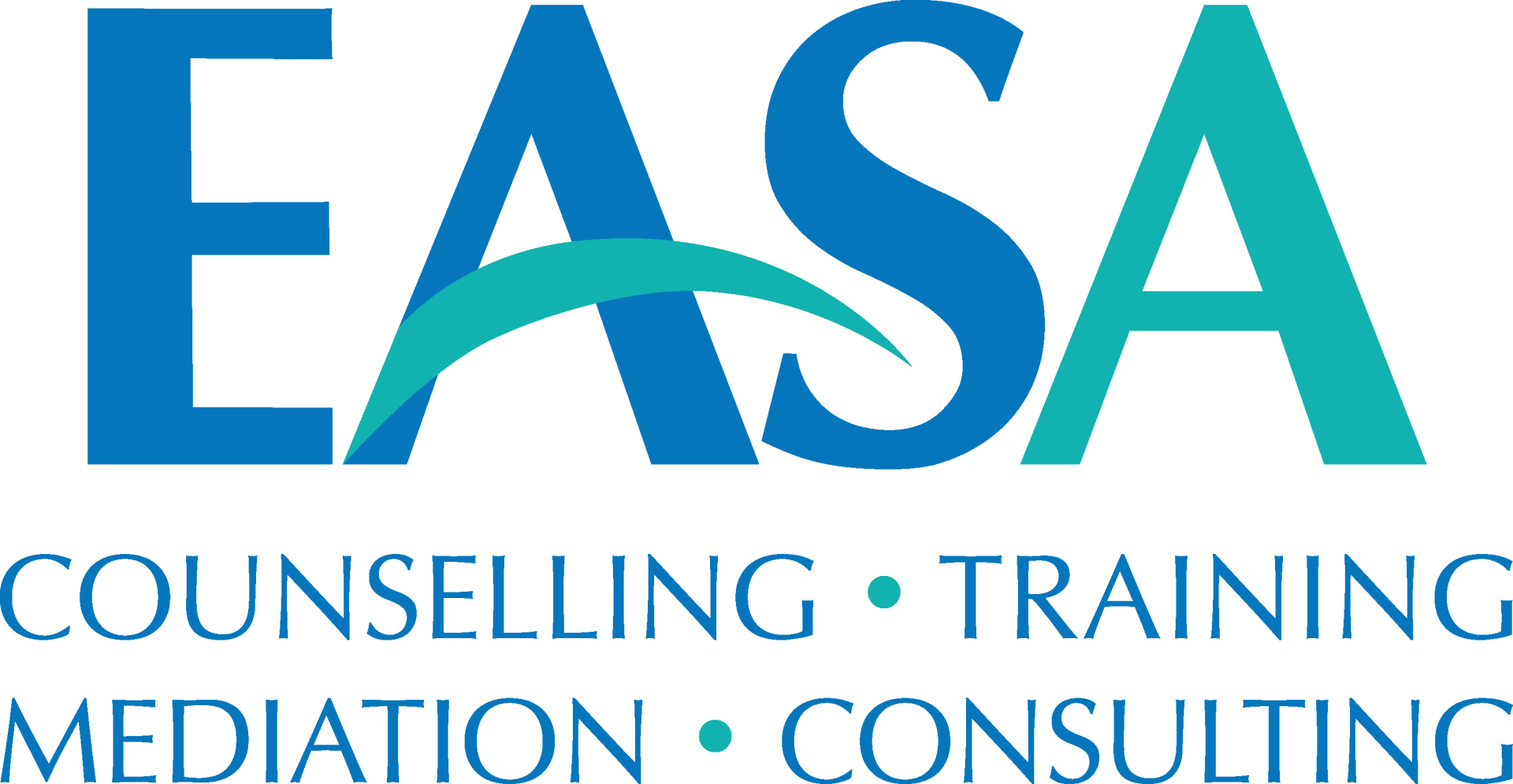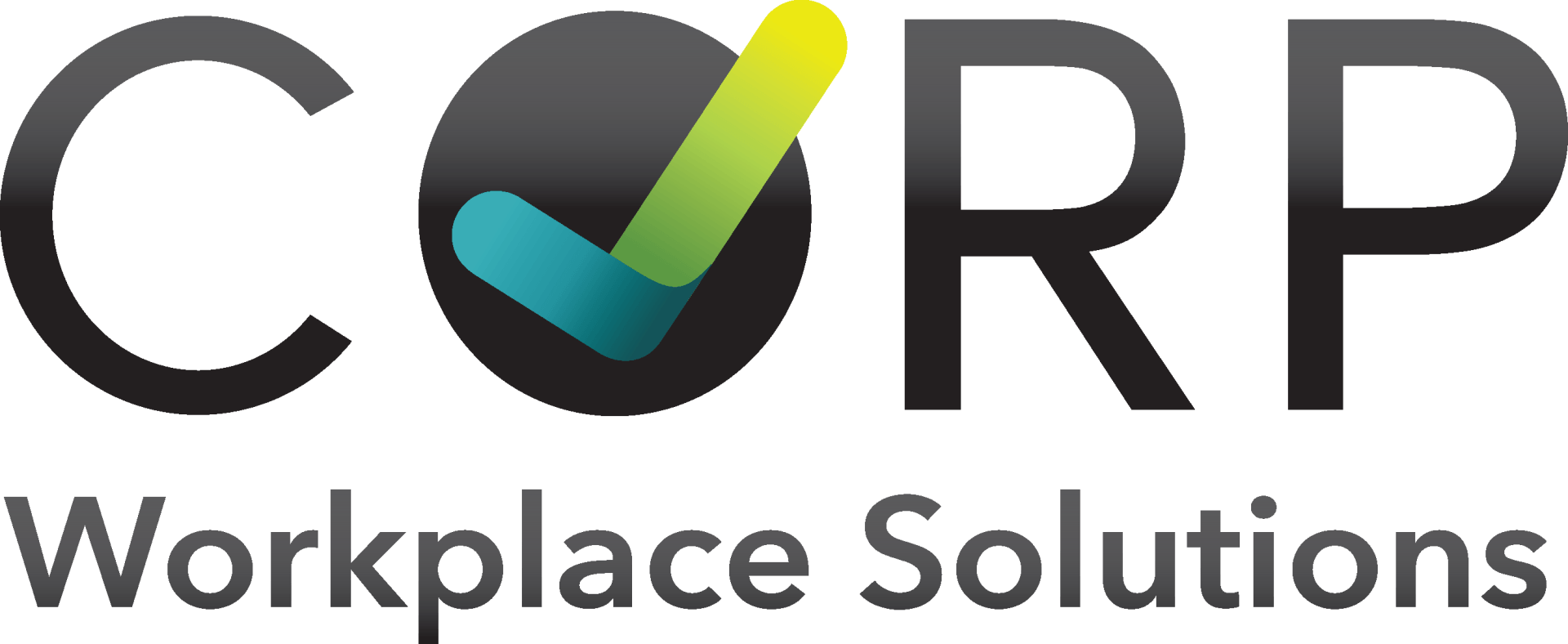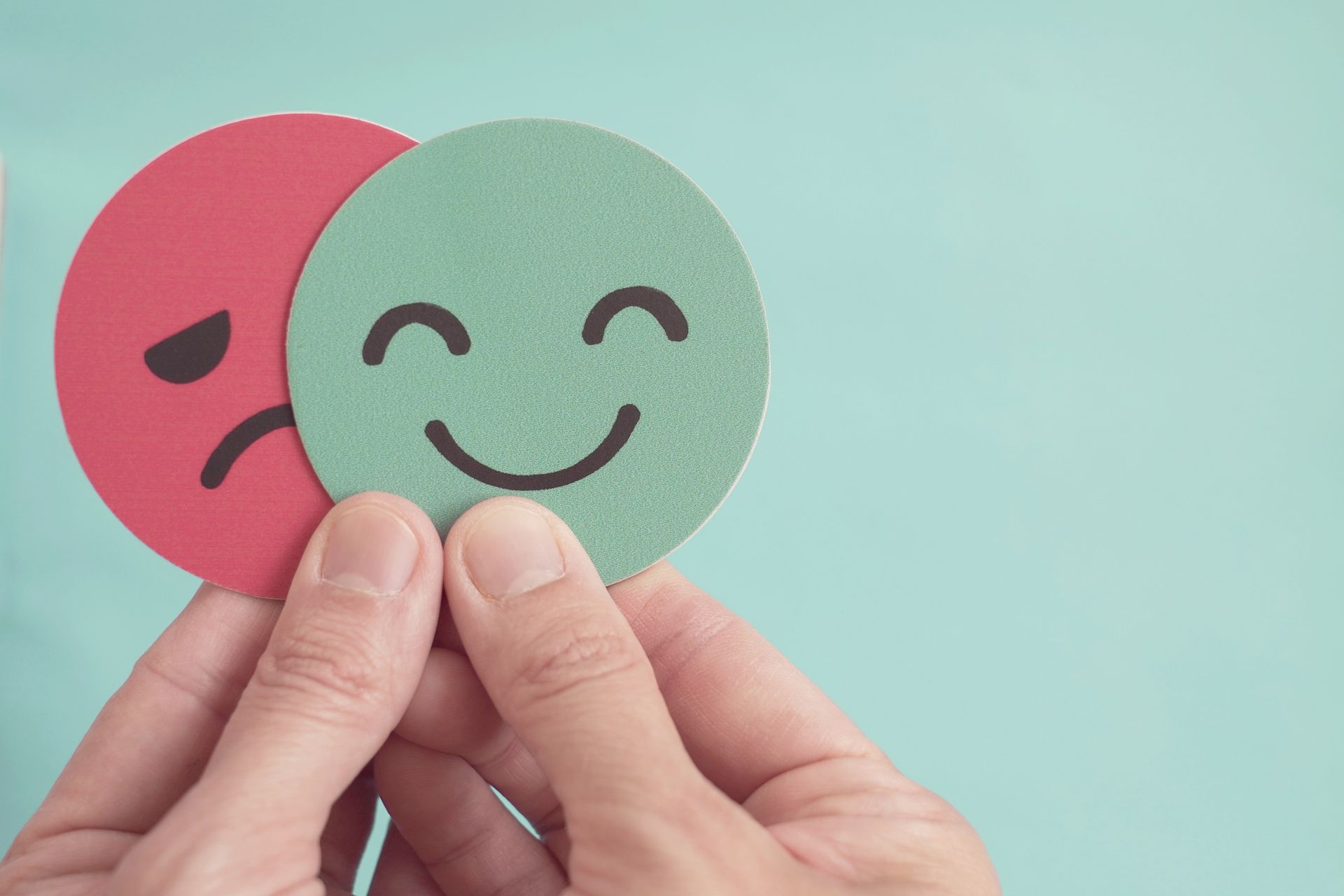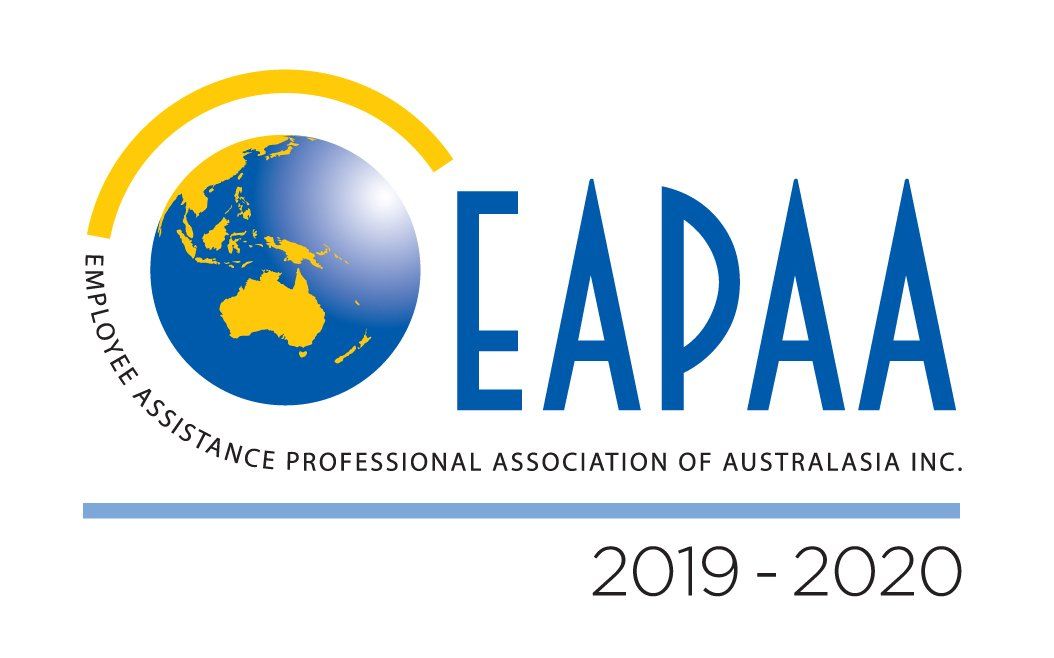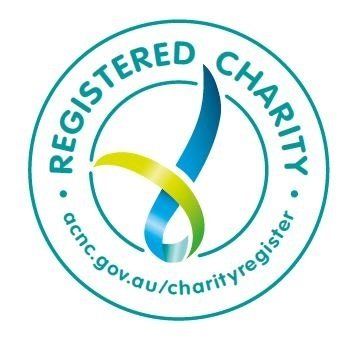Helpful Tips from the EASA Team
We understand that, often, the tools and tricks you learn in your counselling sessions may be overwhelming or difficult to remember.
Additionally, it can sometimes be tricky to know where to start with your sessions. You may know that you are feeling badly or struggling day to day, but it may not be clear to you why this is.
For this reason, our team of qualified clinicians have put together a catalogue of educational and instructional tip sheets to help guide you through different areas of daily mental health and wellbeing.
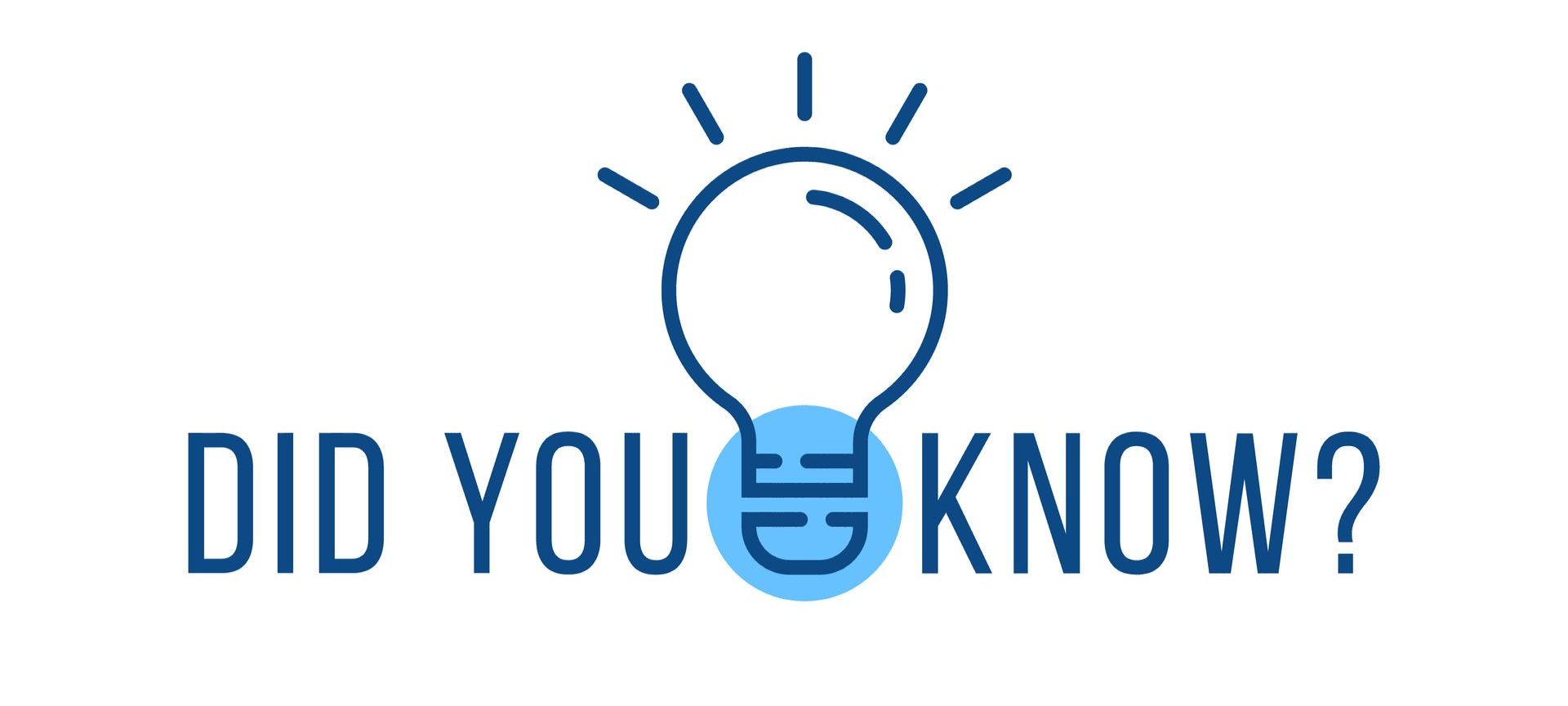
These tip sheets cover many topics from anxiety to hypnosis, to the conditions of your personal or professional environments and how they can impact your mental health and wellbeing.
If you feel you need some support but aren't sure where to start, or if you are looking to equip yourself with some helpful instructions to guide you outside of your counselling sessions, we encourage you to check out our Tip Sheet catalogue below:
ADHD
ADHD stands for Attention Deficit Hyperactivity Disorder.
It is a neurodevelopmental disorder characterised by persistent patterns of inattention, hyperactivity, and impulsivity that interfere with daily functioning and development.
Aggressive Behaviour
Aggressive behaviour is any behaviour that may be percieved as threatening to your safety or the safety of others or behaviours that deliberately aim to induce fear.
Anger Management
Anger is a normal and healthy emotion but it can become unhealthy when it flares up all the time and spirals out of control. Chronic, explosive anger has serious consequences for your relationships, emotional well-being and physiological health. The good news is, with insight about the real reasons for your anger and anger management tools, you can learn to keep your temper from hijacking your life.
The goal of anger management is to understand the message behind your angry emotions and to express these feelings in a healthy way without losing control.
Anxiety
Anxiety is a common response to circumstances whereby we feel pressure. It usually passes once the stressful situation has passed, or the 'stressor' is removed.
When anxious thoughts, feelings, or physical symptoms persist over a prolonged period of time, happen without reason, and have a negative impact on a person's every-day life, a GP might diagnose anxiety.
Alcohol & Other Drugs (AOD)
There is a complex relationship between mental health and alcohol and other drug use. A mental illness may make a person more likely to use drugs to provide short term relief from their symptoms, while other people have drug problems that may trigger the first symptoms of mental illness.
Autism
Autism, or Autism Spectrum Disorder (ASD), is a neurodevelopmental condition characterised by social communication challenges, repetitive behaviours, and restricted interests. It's typically diagnosed during childhood, but in some cases, it may go undiagnosed until later in life.
Burnout
Whether you recognise the warning signs of impending burnout or you're already past the breaking point, trying to push through the exhaustion will only cause further emotional and physical damage.
Now is the time to pause and change direction by learning how you can help yourself overcome burnout and feel healthy and positive again.
Communication Climate
A climate of communication refers to the social tone of a relationship - the way people feel about each other as they carry out duties or activities. Communication climates develop relative to how, or if, people see themselves as valued.
Depression
Depression is a word sometimes used to express feelings of sadness, disappointment, or simply being upset. Clinical depression however, is more than just a low mood; it can have serious effects on physical and mental health and is different to the 'healthy' and 'functional' emotions such as grief and loss.
Depression can last for weeks, months or years and is likely to reoccur if not treated. It is also very common; on average, one in five people will experience depression in their lives (one in four females and one in six males).
EMDR
Eye Movement Desensitization and Reprocessing (EMDR) is an evidence-based approach that has been extensively researched and proven effective for the treatment of trauma. Unlike most forms of talk therapy, EMDR focuses less on the traumatic event itself and more on the disturbing emotions and symptoms that result from the event. Symptoms such as flashbacks, fears, panic, sadness and sleep problems can be diminished through EMDR therapy. Therapy results in losing the emotional charge related to the trauma and increases adaptive thoughts and feelings such as worthiness and empowerment. It is considered one of the gold standard treatments for PTSD and trauma as recommended by the World Health Organisation (2013) for children, adolescents and adults.
Hypnosis
Hypnosis can be a powerful tool to help people overcome the psychological problems caused by life stresses or to overcome addictions, manage pain, increase confidence, give a general sense of well-being, plus many more. Some people confuse therapeutic hypnosis with what they have seen in stage performances and therefore would not have a bar of it! If you would like to know more about how clinical hypnosis works and what it feels like, then this article is for you. We answer some of the most common questions people ask about clinical hypnosis.
Lifestyle Management
What do you want your life to represent? What personal qualities and way of life do you want to cultivate? How do you want your relationships with others to be? Our values guide and motivate us as we move through life. Lifestyle management is about constructing a blueprint for daily activities, choices and thinking patterns to guide you along a life path of resilience that is consistent with your values and goals. Small changes can often have a big impact.
Mindfulness
Mindfulness is an integrative, mind-body based training that enables people to change the way they think and feel about their experiences, especially those that are stressful. Through cultivating mindful awareness, we can discover how to live in the present moment and disengage from mental "clutter".
Myths & Facts About Grief
Myth - The pain will go away quicker if you ignore it.
Fact - Attempting to ignore your pain or prevent it from surfacing will only make things worse in the long run. For genuine healing, it is necessary to front your grief and actively work with it.
Myth - It is important to “be strong / tough” in the face of loss.
Fact - Experiencing sadness, sense of fear and/or loneliness is a normal reaction to loss. Crying is not a sign of weakness. You do not have to protect your family or friends by putting on a brave face. Showing your genuine feelings can aid them, and you.
Myth - If you do not cry, it means you are not sorry about the loss.
Fact - Crying is a normal response to grief and sadness, however it is not the only one. Individuals who do not cry may feel the pain just as deeply as those who do -- they may just have other ways of expressing it.
Myth - Grief should last approximately a year.
Fact - There is no correct or incorrect time parameter for grieving -- how long it takes will vary from individual to individual.
Nursing & Midwifery Wellbeing
“The heroes are those who find a clever way to keep on doing healthily, whilst their patients feel the warmth of their care”
- Louise, EASA
How can you attend to your health in the busiest and most difficult of times?
Nutrition & Mental Health
It has often been stated, ‘You are what you eat’ and the connection between diet and physical health is well established. However, what role does diet play when it comes to the state of your mental health?
Nutritional Deficiencies That May Cause Depression
Nutrition plays a major role in our ability to regulate psychological and emotional well-being and deficiencies in key vitamins and minerals can compromise optimal brain functioning and increase levels of stress, anxiety and depression. We can however address the most common nutritional deficiencies by incorporating specific foods and supplements into our diets.
Organisational Restructure & Learning Through Change
The news just landed in your inbox, or maybe in your ear, whispered through the gossip chain from one colleague to another ⎯ the company is restructuring. You likely have a million questions racing through your mind as you wait to hear if the changes will impact you. While everyone deals with stress, anxiety and change differently, the following information may assist you in understanding your reactions to an organisational restructure and help you take some positive steps to manage them.
Relationship Tips
Are you struggling in a current relationship? Look no further than EASA’s Top 10 Relationship Tips.
Sleep Difficulties
Having a good night’s sleep is vital for maintaining good overall health. The sleeping brain is very active, restoring body and brain cells essential for detoxing, learning, memory, concentration, problem solving and creativity. Although individuals vary normally in their need for, and their satisfaction with, sleep, it is estimated we need 8-9 hours per night. On average, most adults are getting 7.5 hours or less and one in five experience insomnia and suffer the consequences of sleep deprivation.
Stress
Stress is a process, not a diagnosis. We experience stress when there is an imbalance between the demands being made on us and the resources we have to cope with those demands. Stress is highly individualistic, such that a situation that one person finds stressful may not bother another person. It is important to utilise stress management strategies to cope with stress and build resilience. No matter how powerless you may feel in the face of stress, you still have control over your lifestyle, thoughts, emotions and behaviours.
Transitioning from Remote Work
When transitioning during or after working in a remote environment, you might experience a time when you feel a need to readjust to your own life, your own family and work role. It is natural to experience strong reactions during this readjustment. The following information may assist you in understanding your reactions and helping you manage them.
Trauma
A traumatic event is an incident that causes physical, emotional, spiritual, or psychological harm. Emotional and psychological trauma is the result of extraordinarily stressful events that take away your sense of security and stability. This may cause you to feel helpless, ineffective and vulnerable in a seemingly hostile or unsafe world. Traumatic experiences often involve a threat to life or safety, but any situation that leaves you feeling overwhelmed and alone can be traumatic, even without physical harm. It is not the details that determine whether an event is traumatic, but your subjective emotional experience of the event. The more frightened and helpless you feel, the more likely that you have been traumatised.
Description Title
Vicarious Trauma (VT) and Secondary Traumatic Stress (STS) describes how a person who is indirectly exposed to traumatic material can be impacted. VT may negatively alter an individual’s perception of the world, others and themselves. For example, a practitioner working with child abuse may lose trust in anyone who approaches their child. VT is often interchangeably used with compassion fatigue (CF), STS and burnout (BO) however there are notable differences.
Work-Life Balance
In today's world, achieving a healthy work-life balance might seem impossible. With advances in technology, we have become accessible to everyone 24-7. Sometimes, just turning off the mobile for a few hours can cause significant distress! Fears of losing employment can result in skipping breaks, longer hours, visiting the office on weekends, or being on-call during holiday leave. Stress from the ever-demanding workday can cause irreparable damage by affecting personal relationships, health and general well-being. Finding a work-life balance will mean something different to each of us – here are a few tips to help put you on a path of discovering what's right for you.
Workplace Bullying
Workplace Bullying exists in various forms, but ultimately is unwelcome and uninvited. It is usually unreciprocated conduct by one person or a group of people. It can affect all staff members at all levels of employment.
Ask your clinician about our tips sheets or pick some up the next time you visit our offices.
If you feel that you are struggling and need some support, you can contact us at:
Darwin:
(08) 8941 1752, or
Alice Springs:
(08) 8953 4225, or
In Case of an Emergency
000 - Emergency Services
13 11 14 - LifeLine
Darwin Head Office
Level 2, The Avenue
217/12 Salonika Street
Parap NT 0820
(above Karma Cafe)
P: (08) 8941 1752
E:
easadarwin@easa.org.au
Toll Free: 1800 193 123 (NT only)
Alice Springs
Jock Nelson Centre
10/16 Hartley Street,
Alice Springs NT 0870
P: (08) 8953 4225
E: easaalicesprings@easa.org.au
Katherine
Katherine Regional Training Centre
Block F, Room 3
19 Second Street
Katherine NT 0850
P: (08) 8941 1752
E: easadarwin@easa.org.au
Visiting Service
Jabiru
Coolalinga
Tennant Creek
Nhulunbuy
Royal Darwin Hospital
Contact Us
We will get back to you as soon as possible.
Please try again later.
